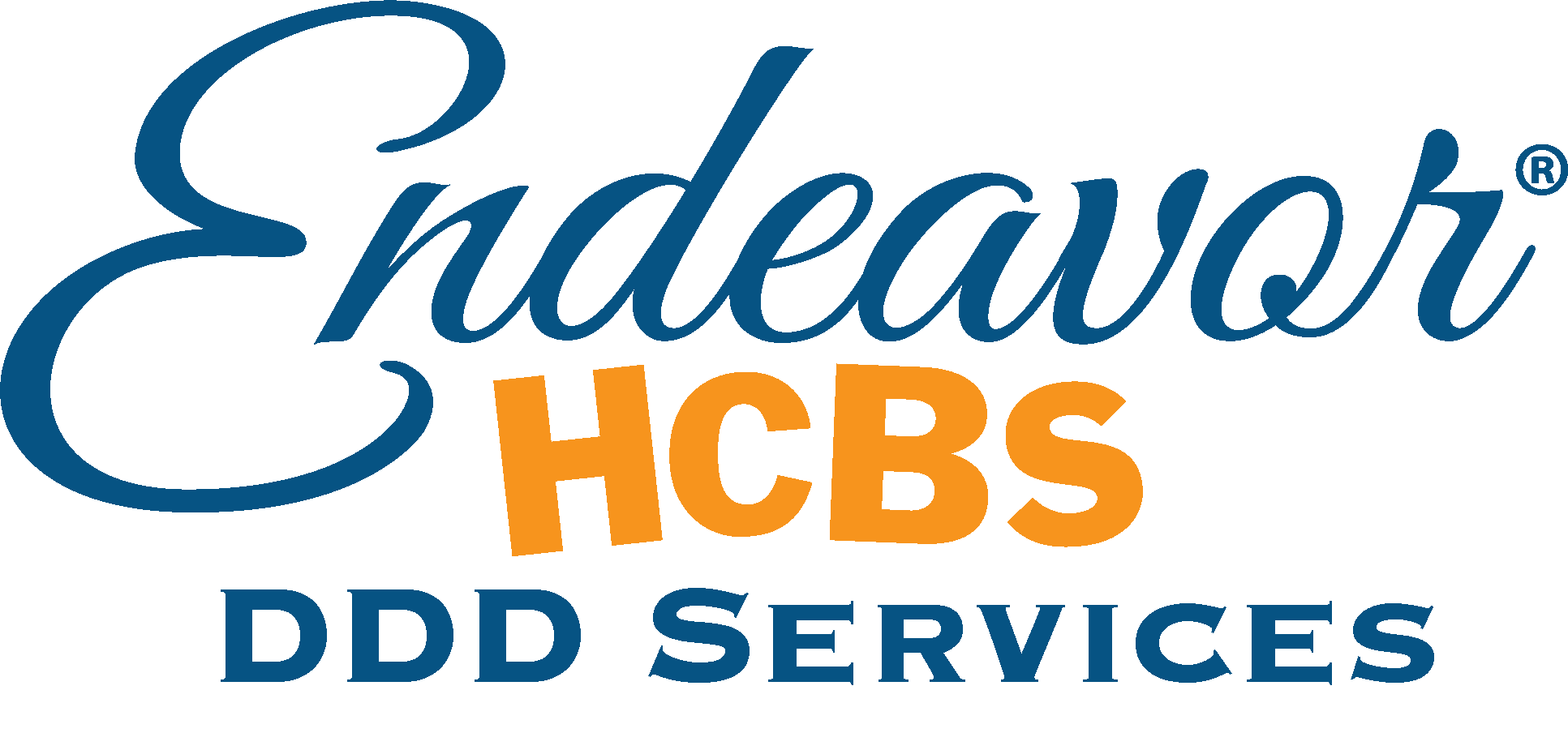Alzheimer’s/Dementia & Parkinson’s
These types of conditions affect not just the individual, but their families as well. Our caregivers have gone through rigorous training to provide the highest quality of in home care for seniors with Alzheimer’s, dementia, and Parkinson’s. We help individuals and their loved ones cope with these debilitating conditions so they can live happier, more fulfilling lives.
Companionship
Giving our seniors the love, affection, and attention they need is important for them to live fulfilling lives. At Endeavor, we offer companionship services that give your loved one the attention they need. From engaging in activities together, craft time, reading books, or just sitting and chatting, our caregivers foster close relationships with clients.
Post-Surgery Care
Sometimes you just need a little assistance while you are recovering from a surgery. Our caregivers provide post-surgery in home care to help with recovery from all types of surgical procedures and medical ailments. From recovering from childbirth to plastic surgery, we can offer you the light housekeeping, assistance with grooming and mobility, transportation, meal preparation, and more so that your recovery is as quick and comfortable as possible.
Physical Disability Support
This is often provided for those with physical disabilities, arthritis, or age-related conditions that prevent people from taking care of themselves on their own. Our in home care agency helps Phoenix seniors with mobility, grooming, eating, exercising, medication reminders, and other issues.
VA Aid & Attendance Program
Our veterans deserve not only respect, but also personal care that shows just how much we appreciate their service to our country. Through our VA Aid and Attendance Program, veterans can receive twelve to twenty hours per week of personal care services that are paid by the VA pension. The program allows our veterans to keep their funds and still live at home with independence.
We’re Here
As Much As You Need Us
Endeavor’s caregivers are available as often as you need them to be. Our elderly companion services can be tailored to fit your loved one’s lifestyle, your family’s needs, and your budget. Contact us today to get started with a free in home care assessment and take the first step towards obtaining senior companion care.
Schedule Free Assessment

